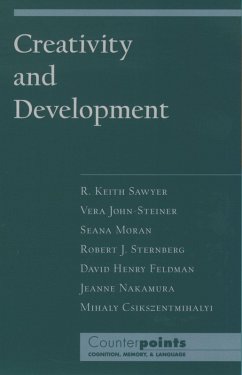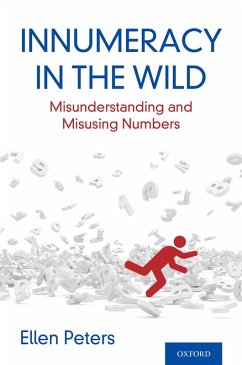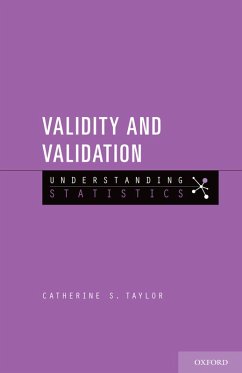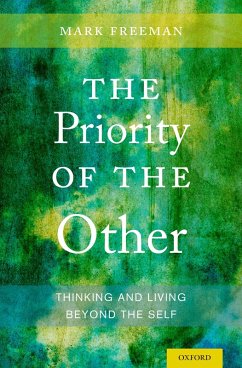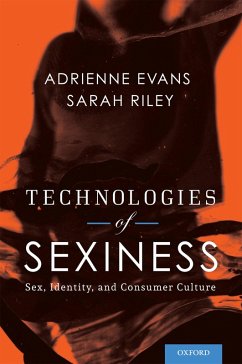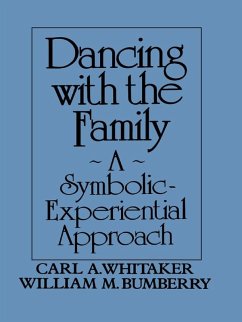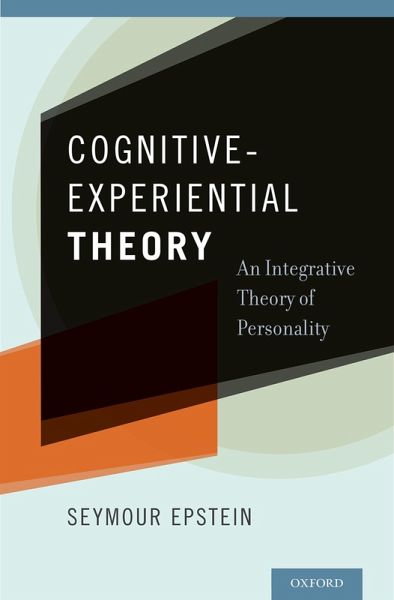
Cognitive-Experiential Theory (eBook, PDF)
An Integrative Theory of Personality
Versandkostenfrei!
Sofort per Download lieferbar
27,95 €
inkl. MwSt.
Weitere Ausgaben:

PAYBACK Punkte
14 °P sammeln!
The book presents a new theory of personality, referred to as cognitive-experiential theory (CET). Currently there are a variety of personality theories that seem irreconcilable with each other. CET is integrative of all other major personality theories. This integration is accomplished by expanding upon current basic assumptions, including the assumption that all higher-order animals automatically construct an implicit theory of reality that is necessary for adapting to their environments and that is therefore inherently reinforcing. The system that accomplishes this is referred to as the exp...
The book presents a new theory of personality, referred to as cognitive-experiential theory (CET). Currently there are a variety of personality theories that seem irreconcilable with each other. CET is integrative of all other major personality theories. This integration is accomplished by expanding upon current basic assumptions, including the assumption that all higher-order animals automatically construct an implicit theory of reality that is necessary for adapting to their environments and that is therefore inherently reinforcing. The system that accomplishes this is referred to as the experiential system, as it is an empirical system that adapts by automatically learning from experience. Because it operates without requiring conscious awareness it can be regarded as an adaptive unconscious system, however, this book reveals that the experiential system is not identical with an unconscious adaptive system, and is superior to that construct in several important respects. Humans, of course, also uniquely operate with a conscious, reasoning system, referred to in CET as a rational system. This book demonstrates how these two systems operate in parallel and influence each other in important ways. For example, the influence of the experiential on the rational system can account for why the human species, despite its outstanding intelligence in solving impersonal problems, which are mainly in the domain of the rational system, often think and behave unintelligently and destructively in solving interpersonal problems, which are primarily in the domain of the experiential system. Yet, neither system is generally superior to the other, and the book discusses how each system is superior in uniquely important ways.
Dieser Download kann aus rechtlichen Gründen nur mit Rechnungsadresse in A, B, BG, CY, CZ, D, DK, EW, E, FIN, F, GR, HR, H, IRL, I, LT, L, LR, M, NL, PL, P, R, S, SLO, SK ausgeliefert werden.




